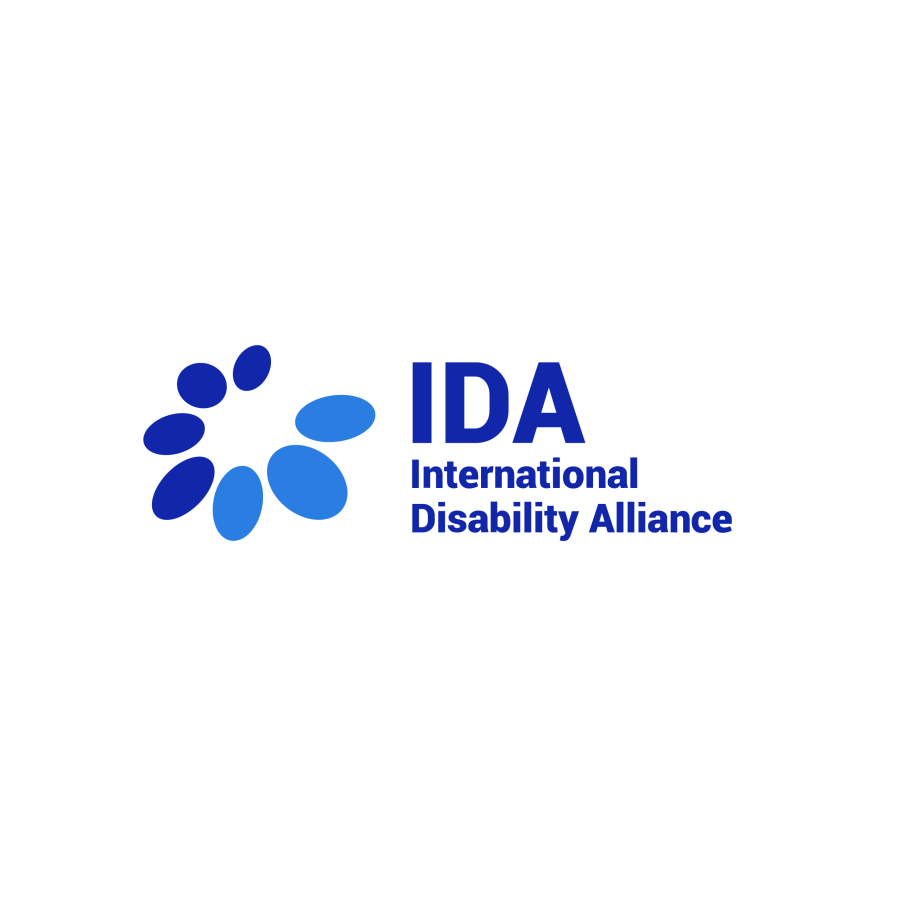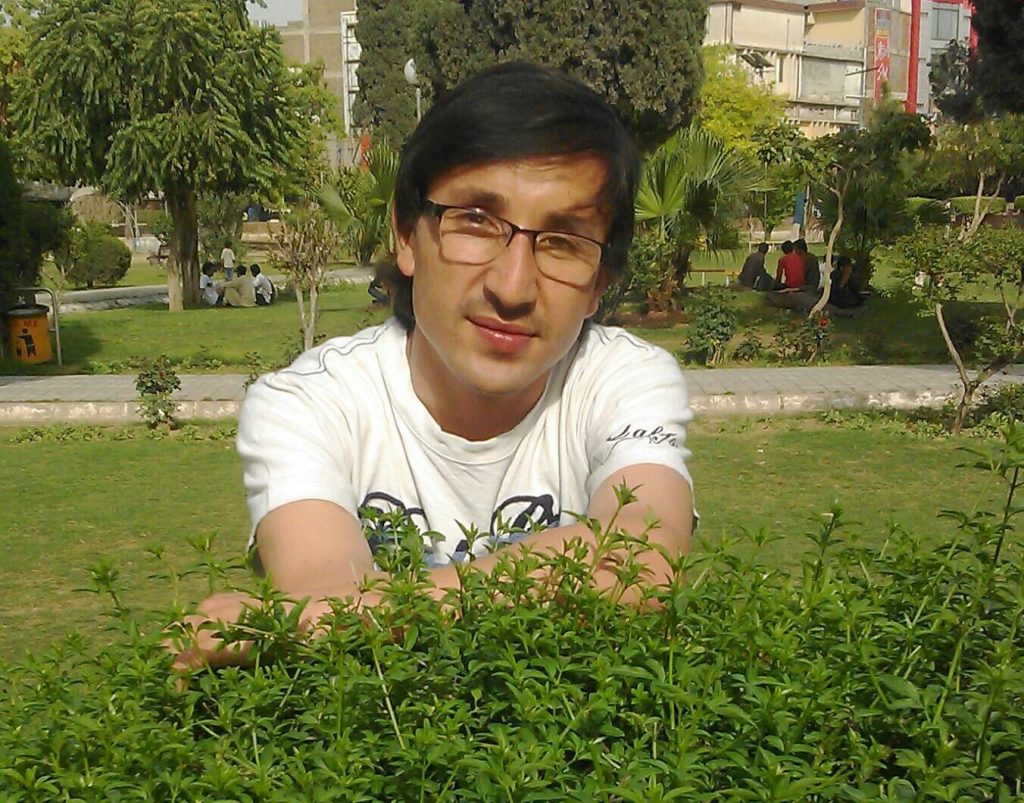A few nights ago, the International Disablity Alliance published its Resolutions With member organizations worldwide, IDA represents the estimated one billion people living with disabilities at the UN and International levels. Their report ‘ IDA’s Compilation of CRPD Committee’s Concluding Observations’ cites many articles signed by many countries, such as Saudia and India, but yet not Pakistan. In one of their articles, the IDA cites ‘States Parties undertake to ensure and promote the full realization of all human rights and fundamental freedoms for all persons with disabilities without discrimination of any kind based on disability ‘. To be fair to the government of Pakistan, there are political and economic crises, and no such delegation could have attended it. However, the abuses felt at the individual level could be solved by us individuals. In a country that follows a Federalism rule of Law, should individuals working in HROs not point this out? We request each Human Rights Organisations to go through IDA’s resolutions and at least at the GB Level, join forces with GBGM to implement such changes in our region.
However, we at the GBGM can recommend it to the government and HROs based on what the IDA says. Citing Article 1 to 3 of the IDA : Article 1 states : The purpose of the present Convention is to promote, protect and ensure the full and equal enjoyment of all human rights and fundamental freedoms by all persons with disabilities, and to promote respect for their inherent dignity, Article 2 states : “Universal design” means the design of products, environments, programmes and services to be usable by all people, to the greatest extent possible, without the need for adaptation or specialized design. “Universal design” shall not exclude assistive devices for particular groups of persons with disabilities where this is needed : and Article 3 states The principles of the present Convention shall be:
Respect for inherent dignity, individual autonomy including the freedom to make one’s own choices, and independence of persons;
Non-discrimination.
Since we all know that Pakistan is a colonial state that sought has independence from the British in August 1947, and it is a federal state, individuals have more control over their choices. Furthermore, a Republican parliament means less interference and more personal power regarding such laws. Therefore, GBGM recommends three solutions that we at the individual level can take: 1. The immediate social inclusion of disabled people in educational and personal governance structures 2. More public support for the disabled community. 3. Quickly implementing the Disabled Persons 2019 GB Act and a post-independent commission to determine why this was delayed.


